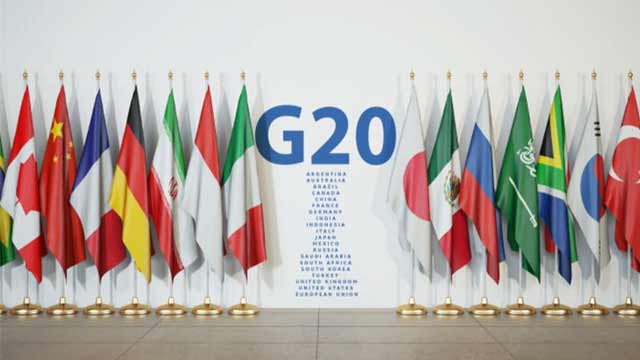IMF’s Resident Chief Teresa Daban Sanchez said that Pakistan has not so far applied for debt relief from G20 countries as neither Islamabad nor any other country made any formal request to this effect.
While speaking at an online dialogue arranged by the Sustainable Development Policy Institute (SDPI), she said, “The G20 announcement regarding debt relief is a bit complex and unclear, so the IMF is reviewing its details. The countries will have to apply for debt rescheduling and so far none of the countries, including Pakistan, have applied for it.”
As for the government’s planned building program, she said it would be temporary, aimed at kick-starting economic development. She said Pakistan had done well during the pre-COVID-19 situation under the IMF programme.
She said inflationary pressures will continue to exist as inflation for the current fiscal year was expected to remain in the double-digit range of 11.3%. She said because of the COVID-19 situation Pakistan’s GDP growth rate will turn into declining and negative mode for the current fiscal. Pakistan will need to use an extra Rs700 billion from its budget due to coronavirus, and the country’s income will be decreased by Rs900 billion.
“The performance of Pakistan’s economy before the emergence of Covid-19 was satisfactory. The IMF was quite happy the way Pakistan was implementing different policies to achieve fiscal consolidation and macroeconomic stability and would continue to provide its support to the country to face the socio-economic challenges posed by COVID-19,” she added.
She identified that the situation assessment by the IMFs says COVID-19 would reverse the decline in public debt resulting from fiscal consolidation efforts. This will also trigger the primary deficit to increase.
She respected the significant response from the Government of Pakistan to COVID-19, including cash transfers to most needy households, lowering policy rates, removing import duties on multiple goods, and other initiatives to provide relief to society’s low-income segments.
He said that the IMF supports labor-intensive business opening up where daily wagers can be absorbed. She hoped, however, that the proposed amnesty for investment in the construction sector would be temporary, and would be removed once the situation becomes routine.
“The IMF recommends that Pakistan, as well as other countries, recalibrate their policy actions as we move on. Therefore, the regulatory measures taken are temporary and regulatory relaxation might not be necessary for the future as it can create problems,” she remarked.
Executive Director, SDPI Dr. Abid Qaiyum Suleri said, “Among all deficits that Pakistan is facing today, the trust deficit between people and the IMF, may also lead to the trust deficit between people and the government, which Pakistan cannot afford during these testing times. The SDPI is continuously playing a positive role to bridge this deficit by bringing all stakeholders together for a candid discussion leading to greater transparency.”



